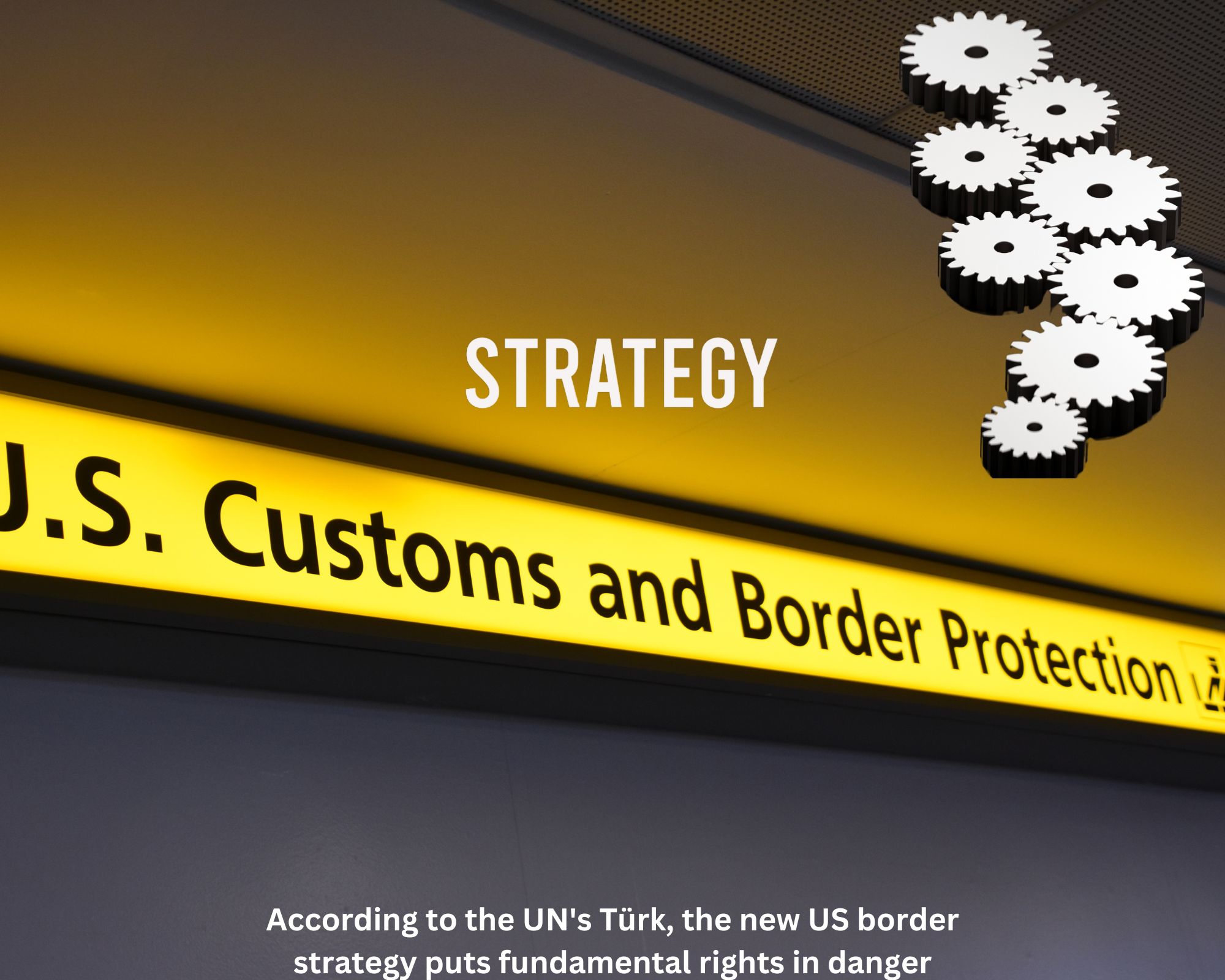Summary:
-
Mr. Türk criticized the desire to employ the COVID pandemic-related Title 42 public health order much more than it is now being used, as well as the anticipated increase in so-called “expedited removals” from the United States.
-
Rapid-fire expulsion, according to the UN rights chief, the action will allow for the “fast-track expulsion to Mexico” of 30,000 Venezuelans, Haitians, Cubans, and Nicaraguans per month.
-
He said US immigration officials had used Title 42 2.5 million times to send people back to Mexico or their home countries from the southern border without first figuring out the risks.
-
The US expanded its so-called “humanitarian parole” program to include people from Cuba, Haiti, Nicaragua, and Venezuela.
-
“No substitute for parole said that making it harder for some people to get humanitarian parole “cannot be a replacement for keeping everyone’s right to seek the protection of their human rights.
Mr. Türk was against the idea that the COVID pandemic-related Title 42 public health order would be used much more than it is now. He was also against the idea that the number of “expedited removals” from the United States would go up.
Rapid-fire expulsion
According to the UN rights chief, the action will allow for the “fast-track expulsion to Mexico” of 30,000 Venezuelans, Haitians, Cubans, and Nicaraguans per month.
He said US immigration officials had used Title 42 2.5 million times to send people back to Mexico or their home countries from the southern border without first figuring out the risks.
The US expanded its so-called “humanitarian parole” program to include people from Cuba, Haiti, Nicaragua, and Venezuela. The High Commissioner was happy about this change.
Refuge and safety
He also said that the measure “should not hurt basic human rights, like the right to seek refuge and the right to an individual assessment of protection needs.”
His request is in response to the UNHCR’s request last Friday that the administration change its position and stand up for human rights, which everyone agrees on.
Mr. Türk emphasized that the right to seek asylum is a “human right,” regardless of a person’s origin, immigration status, or how they arrived at an international border.
“These methods seem to go against the ban on collective expulsion and the norm of non-refoulment,” the head of the OHCHR said.
No substitute for parole
He said that making it harder for some people to get humanitarian parole “cannot be a replacement for keeping everyone’s right to seek the protection of their human rights.”
He said that people who need asylum the most and are in dangerous situations are not likely to meet the strict requirements for humanitarian parole, such as having a financially stable sponsor in the US.
The High Commissioner stated, “We hear a lot of talk about migration problems, but in truth, migrants are frequently the ones who are actually in distress.”
“We should endeavor to control migration compassionately and safely with full respect for the human rights of every individual,” the statement reads. “Instead of demonizing them and denying them long-recognized rights,”

